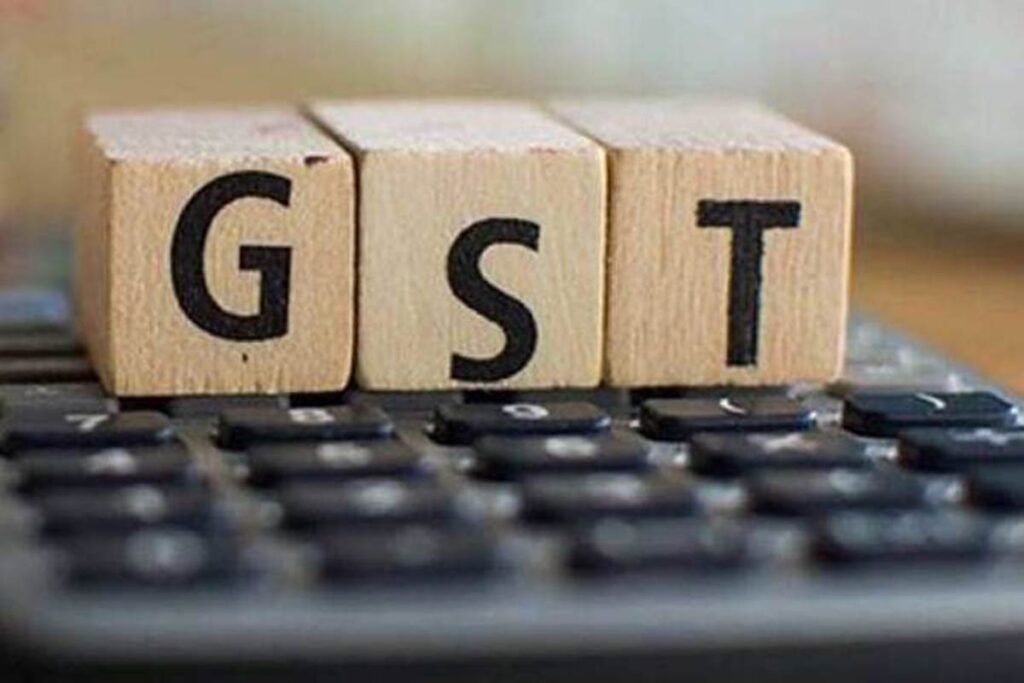Clarification on various issues relating to applicability of demand and penalty provisions under the Central Goods and Services Tax Act, 2017 in respect of transactions involving fake invoices–Reg
A number of cases have come to notice where the registered persons are found to be involved in issuing tax invoice, without actual supply of goods or services or both (hereinafter referred to as “fake invoices”), in order to enable the recipients of such invoices to avail and utilize input tax credit (hereinafter referred to as “ITC”) fraudulently. Representations are being received from the trade as well as the field formations seeking clarification on the issues relating to applicability of demand and penalty provisions under the Central Goods and Services Tax Act, 2017 (hereinafter referred to as “CGST Act”), in respect of such transactions involving fake invoices. In order to clarify these issues and to ensure uniformity in the implementation of the provisions of law across the field formations, the Board, in exercise of its powers conferred by section 168 (1) of the CGST Act, hereby clarifies the issues detailed hereunder.
| Sl. No. | Issues | Clarification |
| 1. | In case where a registered person “A” has issued tax invoice to another registered person “B” without any underlying supply of goods or services or both, whether such transaction will be covered as “supply” under section 7 of CGST Act and whether any demand and recovery can be made from ‘A’ in respect of the said transaction under the provisions of section 73 or section 74 of CGST Act. Also, whether any penal action can be taken against registered person ‘A’ in such cases. | Since there is only been an issuance of tax invoice by the registered person ‘A’ to registered person ‘B’ without the underlying supply of goods or services or both, therefore, such an activity does not satisfy the criteria of “supply”, as defined under section 7 of the CGST Act. As there is no supply by ‘A’ to ‘B’ in respect of such tax invoice in terms of the provisions of section 7 of CGST Act, no tax liability arises against ‘A’ for the said transaction, and accordingly, no demand and recovery is required to be made against ‘A’ under the provisions of section 73 or section 74 of CGST Act in respect of the same. Besides, no penal action under the provisions of section 73 or section 74 is required to be taken against ‘A’ in respect of the said transaction. The registered person ‘A’ shall, however, be liable for penal action under section 122 (1)(ii) of the CGST Act for issuing tax invoices without actual supply of goods or services or both. |
| 2. | A registered person “A” has issued tax invoice to another registered person “B” without any underlying supply of goods or services or both. ‘B’ avails input tax credit on the basis of the said tax invoice. B further issues invoice along with underlying supply of goods or services or both to his buyers and utilizes ITC availed on the basis of the above mentioned invoices issued by ‘A’, for payment of his tax liability in respect of his said outward supplies. Whether ‘B’ will be liable for the demand and recovery of the said ITC, along with penal action, under the provisions of section 73 or section 74 or any other provisions of the CGST Act. | Since the registered person ‘B’ has availed and utilized fraudulent ITC on the basis of the said tax invoice, without receiving the goods or services or both, in contravention of the provisions of section 16(2)(b) of CGST Act, he shall be liable for the demand and recovery of the said ITC, along with penal action, under the provisions of section 74 of the CGST Act, along with applicable interest under provisions of section 50 of the said Act. Further, as per provisions of section 75(13) of CGST Act, if penal action for fraudulent availment or utilization of ITC is taken against ‘B’ under section 74 of CGST Act, no penalty for the same act, i.e. for the said fraudulent availment or utilization of ITC, can be imposed on ‘B’ under any other provisions of CGST Act, including under section 122. |
| 3. | A registered person ‘A’ has issued tax invoice to another registered person ‘B’ without any underlying supply of goods or services or both. ‘B’ avails input tax credit on the basis of the said tax invoice and further passes on the said input tax credit to another registered person ‘C’ by issuing invoices without underlying supply of goods or services or both. Whether ‘B’ will be liable for the demand and recovery and penal action, under the provisions of section 73 or section 74 or any other provisions of the CGST Act. | In this case, the input tax credit availed by ‘B’ in his electronic credit ledger on the basis of tax invoice issued by ‘A’, without actual receipt of goods or services or both, has been utilized by ‘B’ for passing on of input tax credit by issuing tax invoice to ‘C’ without any underlying supply of goods or services or both. As there was no supply of goods or services or both by ‘B’ to ‘C’ in respect of the said transaction, no tax was required to be paid by ‘B’ in respect of the same. The input tax credit availed by ‘B’ in his electronic credit ledger on the basis of tax invoice issued by ‘A’, without actual receipt of goods or services or both, is ineligible in terms of section 16 (2)(b) of the CGST Act. In this case, there was no supply of goods or services or both by ‘B’ to ‘C’ in respect of the said transaction and also no tax was required to be paid in respect of the said transaction. Therefore, in these specific cases, no demand and recovery of either input tax credit wrongly/ fraudulently availed by ‘B’ in such case or tax liability in respect of the said outward transaction by ‘B’ to ‘C’ is required to be made from ‘B’ under the provisions of section 73 or section 74 of CGST Act. However, in such cases, ‘B’ shall be liable for penal action both under section 122(1)((ii) and section 122(1)(vii) of the CGST Act, for issuing invoices without any actual supply of goods and/or services as also for taking/ utilizing input tax credit without actual receipt of goods and/or services. |
- The fundamental principles that have been delineated in the above scenarios may be adopted to decide the nature of demand and penal action to be taken against a person for such unscrupulous activity. Actual action to be taken against a person will depend upon the specific facts and circumstances of the case which may involve complex mixture of above scenarios or even may not be covered by any of the above scenarios. Any person who has retained the benefit of transactions specified under sub-section (1A) of section 122 of CGST Act, and at whose instance such transactions are conducted, shall also be liable for penal action under the provisions of the said sub-section. It may also be noted that in such cases of wrongful/ fraudulent availment or utilization of input tax credit, or in cases of issuance of invoices without supply of goods or services or both, leading to wrongful availment or utilization of input tax credit or refund of tax, provisions of section 132 of the CGST Act may also be invokable, subject to conditions specified therein, based on facts and circumstances of each case.
- It is requested that suitable trade notices may be issued to publicize the contents of this Circular.
- Difficulty, if any, in implementation of the above instructions may please be brought to the notice of the Board.

